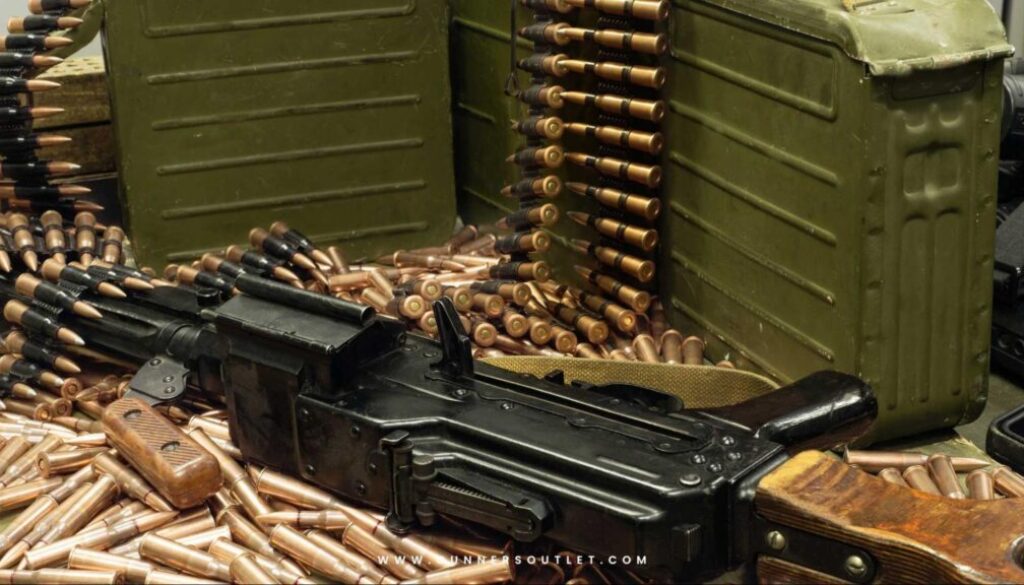An Overview of Ammunition Regulations and Laws
In the United States, firearm owners must abide by a multitude of rules and regulations when it comes to ammunition. This includes local, state, federal and even international laws which affect how and where one can possess and use firearms. Depending on the type of firearm, some jurisdictions may require permits or licenses in order to purchase and transport ammunition. To understand ammunition laws better, it is important to first consider the legal definitions of both firearm and ammunition.
Legally speaking, a firearm is defined as any weapon that launches a projectile by an explosive force. This means anything from handguns and rifles to shotguns and cannons can be included under this definition. Ammunition refers to any material that is utilized for propelling a projectile from a firearm (e.g., bullets).
Under federal law, certain restrictions have been placed on purchasing and possessing ammunition within the United States. For example, it is illegal for individuals younger than eighteen years of age to purchase handgun ammunition without parental consent. Additionally, federally licensed firearms dealers are legally required to maintain records of purchases made by customers who bring their own weapons into the store or purchase them separately from the store’s stock. Also, all states require individuals who want to purchase rifle or shotgun ammunition to present valid identification upon purchase.
Furthermore, all states have their own set of unique firearms regulations that must be followed at the state level in order for someone to be allowed access or possession of their gun(s). Local laws may also exist which further restricts access or possession of certain types of firearms from those with criminal records or other aggravating factors like mental health issues. It is important for potential gun owners to review current state laws before attempting any type of purchase or possession related activity – ignorance will not excuse violation of these laws!

Finally, there are numerous federal protections offered regarding interstate transactions regarding guns and/or ammunition purchases such as providing proper documentation prior to shipping guns across state lines or verifying sellers meet requirements prior to sale/transfer agreements being finalized between buyer and seller parties involved in such transactions. International trade has become more strictly controlled as well over recent years with increased monitoring by US Customs & Border Protection controlling imports/exports along with protocols established by the International Trade Administration (ITA) making sure only approved arms exporters conduct business overseas via approved export licenses through proper channels including compliance verification checks throughout transaction process life-cycled approvals ensure no illicit weapons trafficking transpires during import/export practices with accompanying recordkeeping requirements in place as part of enforcement protocol verifying authenticity in order for appropriate authorization take place for each transaction moving forward after both parties involved have provided valid documentation reflecting same too—a key factor ultimately determining legality status when it comes to exchanging arms internationally nowadays…ultimately making sales processes much stricter & smoother given heightened security measures taken domestically & abroad respectively!




